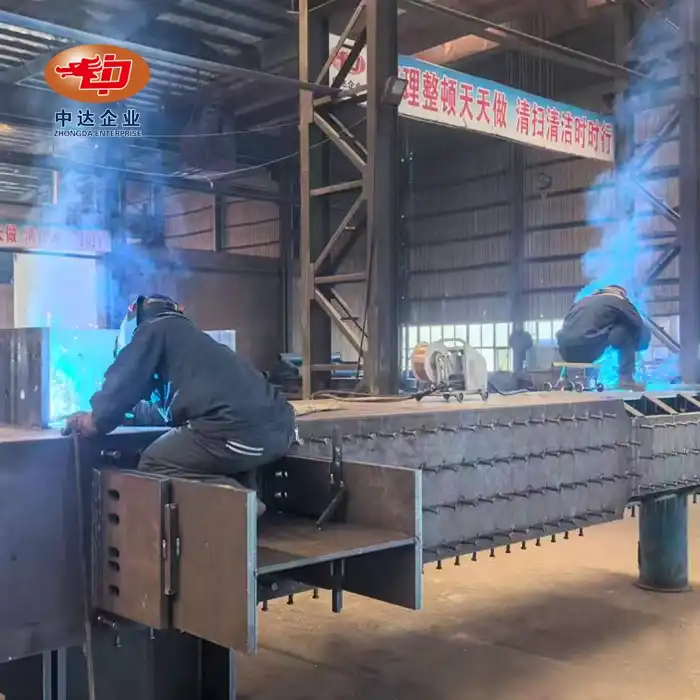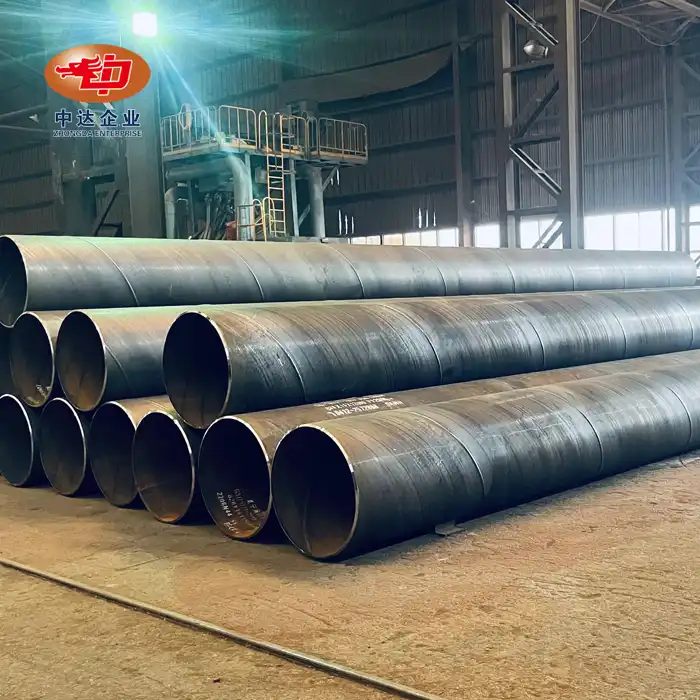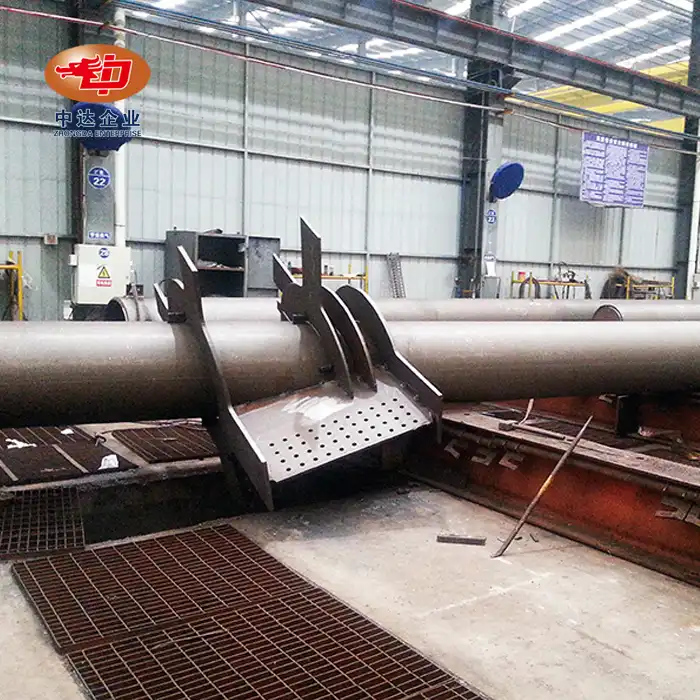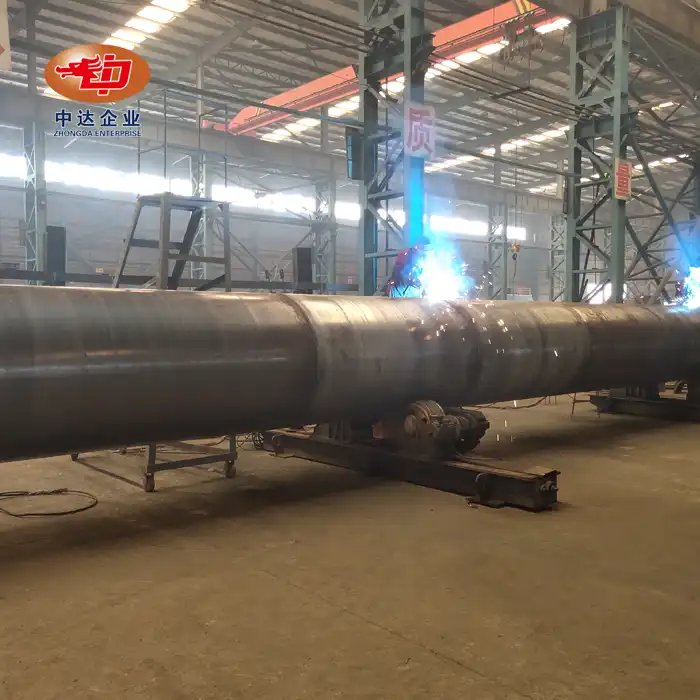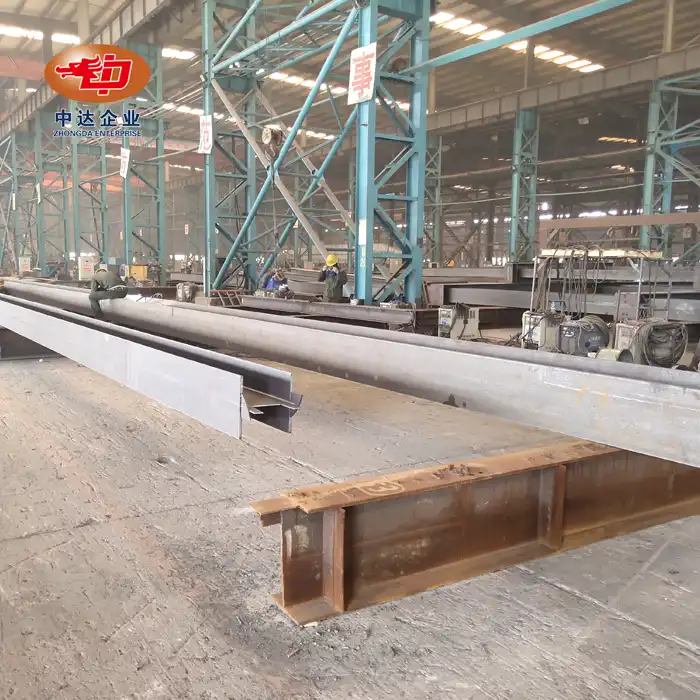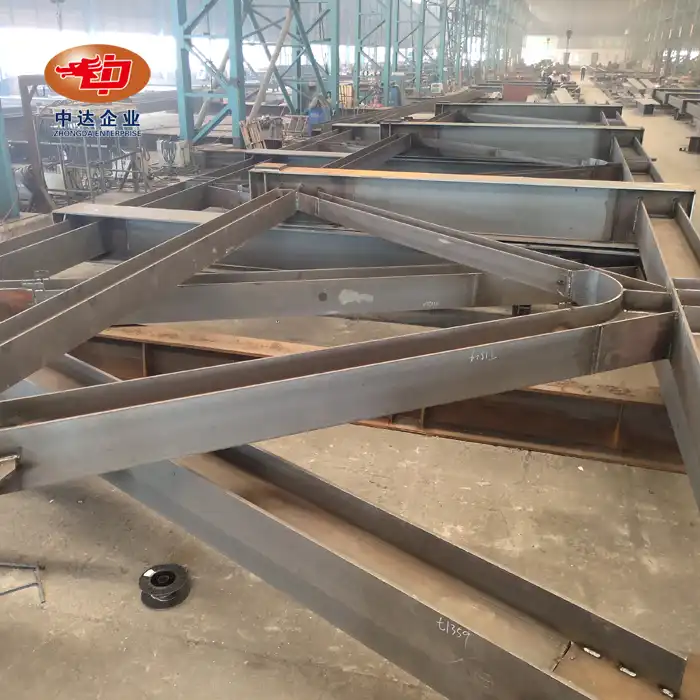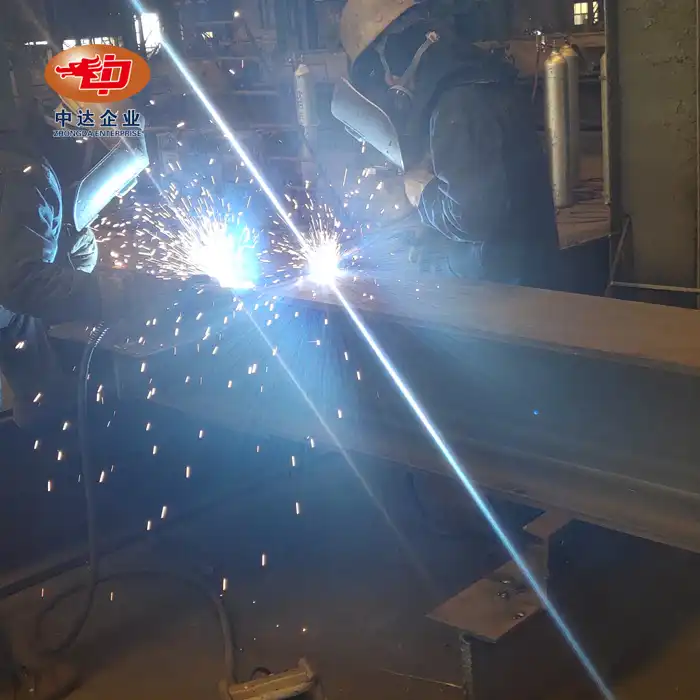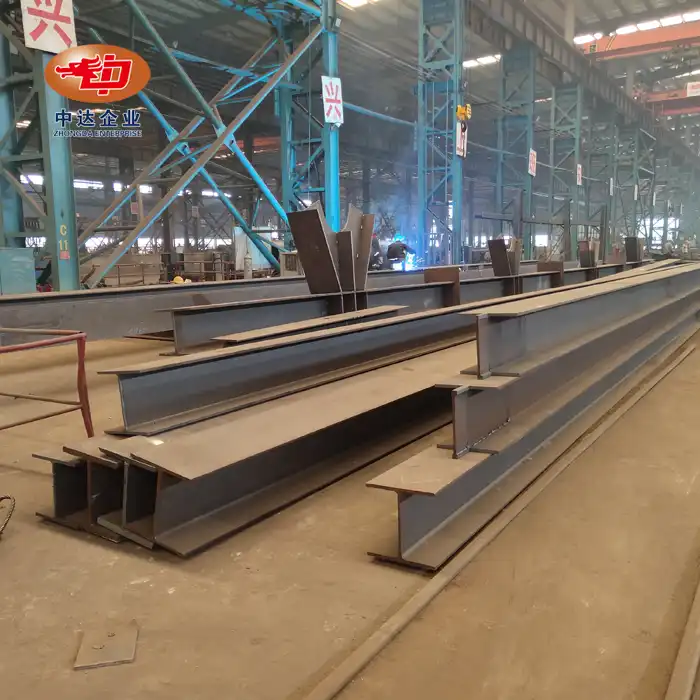
Advantages of Steel Plate Girders for Long-Span Bridges
Steel plate girders have revolutionized long-span bridge construction, offering unparalleled strength, durability, and design flexibility. These robust structural elements, crafted from high-grade steel, provide exceptional load-bearing capacity and longevity, making them ideal for challenging infrastructure projects. With advancements in manufacturing techniques, such as precision laser cutting and automated welding, steel plate girders now offer enhanced performance in extreme environments while reducing construction time and costs. Their versatility allows for customization to meet specific project requirements, from highway overpasses to expansive river crossings.
Superior Strength and Durability of Steel Plate Girders
High Load-Bearing Capacity
Steel plate girders excel in their ability to support immense loads, a crucial factor in long-span bridge design. The high strength-to-weight ratio of steel allows for the construction of bridges with longer spans and fewer support structures. This characteristic is particularly beneficial in situations where minimizing the number of piers in water bodies or challenging terrains is essential. Advanced steel grades, such as Q420qE, offer enhanced strength properties, allowing for even greater load-bearing capacities while maintaining structural integrity.
Resistance to Extreme Conditions
Modern steel plate girders are engineered to withstand harsh environmental conditions. For instance, girders made from Q420qE steel can maintain impact toughness of ≥34J at temperatures as low as -40°C, as per GB/T 714 standards. This exceptional performance in extreme cold makes them ideal for projects in Arctic regions or areas with severe winter conditions. Additionally, the application of advanced anti-corrosion treatments, such as double-layer protection (spray + topcoat) conforming to GB/T 30790 standards, significantly enhances the girders' resistance to corrosion, extending their lifespan even in aggressive environments.
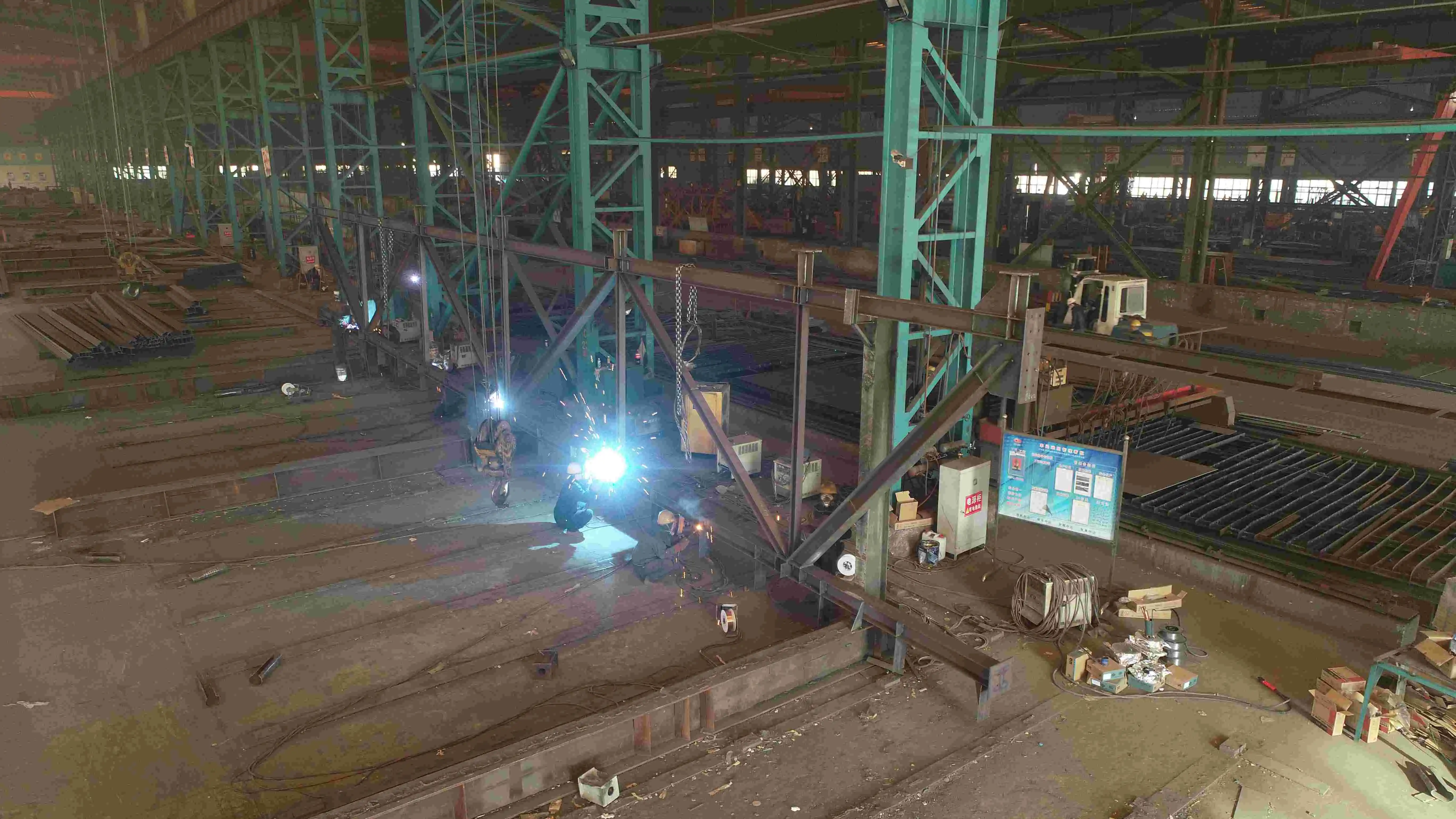
Long-Term Performance and Maintenance
The durability of steel plate girders translates to reduced maintenance requirements and extended service life for bridges. High-quality steel, combined with proper design and protective measures, can resist fatigue, corrosion, and environmental degradation over decades. This longevity not only ensures the safety and reliability of the bridge structure but also provides substantial cost savings over the life of the project. Regular inspections and minimal maintenance can keep steel plate girder bridges in optimal condition, making them a cost-effective solution for long-span applications.
Design Flexibility and Efficiency in Construction
Customizable Dimensions and Configurations
One of the key advantages of steel plate girders is their adaptability to various design requirements. Advanced manufacturing capabilities allow for the production of girders with precise dimensions, including flange thicknesses ranging from 14mm to 80mm. This flexibility enables engineers to optimize the girder design for specific load conditions and span lengths, resulting in more efficient use of materials and improved overall bridge performance. The ability to customize girder configurations also facilitates the creation of aesthetically pleasing bridge designs that can become iconic landmarks.
Rapid Assembly and Construction
Steel plate girders offer significant advantages in terms of construction speed and efficiency. The use of bolted connections can increase assembly efficiency by up to 60% compared to traditional welding methods. This rapid assembly process not only reduces on-site construction time but also minimizes disruptions to traffic and local communities. Furthermore, the precision manufacturing of steel plate girders, with tolerances as tight as ±0.5mm achieved through laser cutting, ensures a smooth and efficient assembly process, reducing the likelihood of fit-up issues during construction.
Integration with Modern Construction Techniques
Steel plate girders seamlessly integrate with advanced construction methodologies, such as prefabrication and modular construction. These techniques allow for significant portions of the bridge to be manufactured off-site under controlled conditions, ensuring higher quality and reducing weather-related delays. The use of BIM (Building Information Modeling) in the design and fabrication process further enhances precision and coordination among project stakeholders, leading to smoother project execution and reduced potential for errors or conflicts during construction.
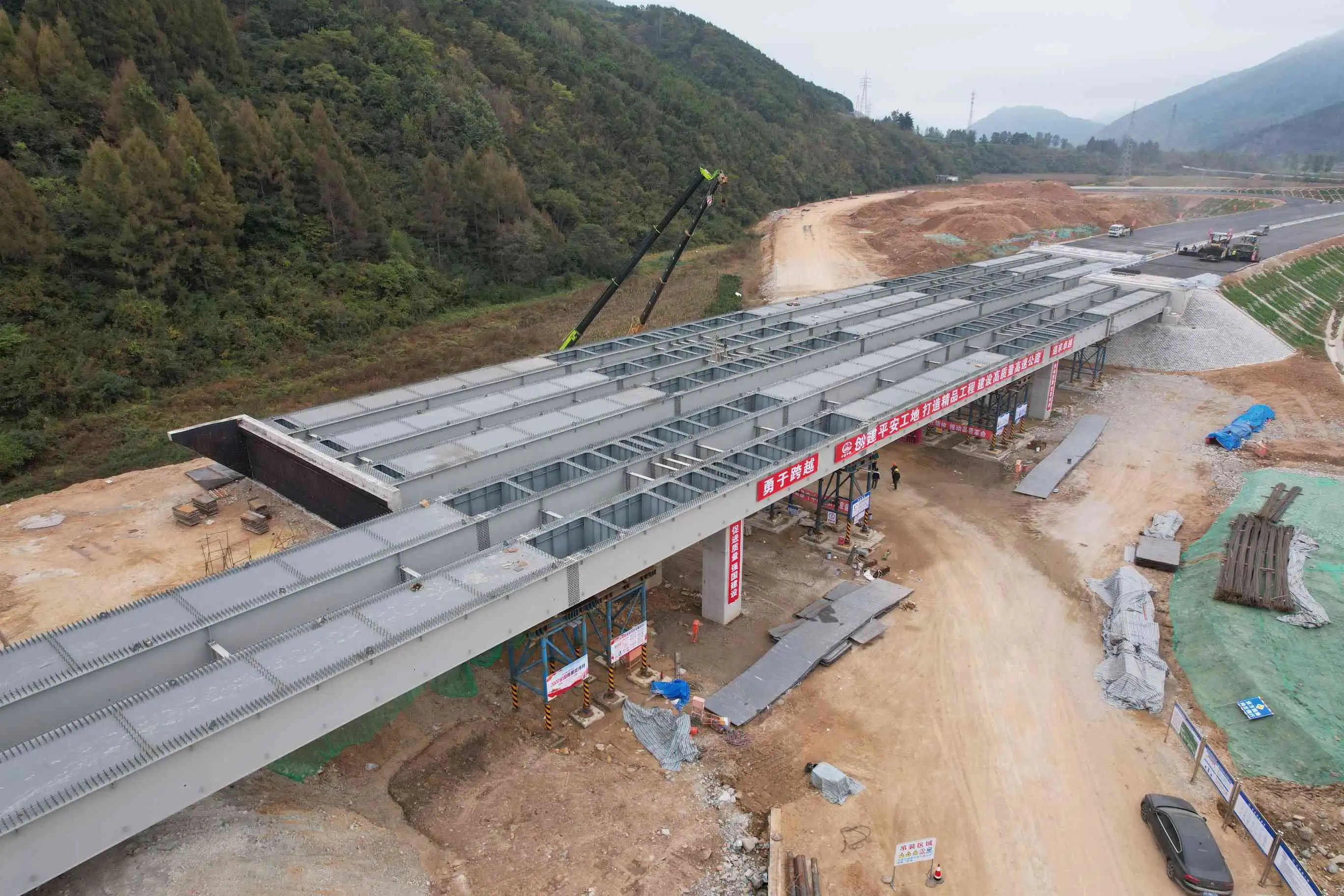
Environmental and Economic Benefits
Sustainable Material Choice
Steel is a highly sustainable material, with excellent recyclability properties. At the end of a bridge's service life, steel plate girders can be fully recycled and repurposed, reducing the environmental impact of the structure. The use of high-strength steel grades also allows for more efficient material utilization, reducing the overall steel tonnage required for a project. This not only conserves resources but also lowers the carbon footprint associated with material production and transportation.
Cost-Effectiveness Over Project Lifecycle
While the initial cost of steel plate girders may be higher compared to some alternatives, their long-term economic benefits are substantial. The durability and low maintenance requirements of steel plate girders result in reduced lifecycle costs for bridge owners. Additionally, the faster construction times associated with steel girder bridges can lead to significant savings in labor costs and earlier project completion, allowing for quicker return on investment. The ability to easily retrofit or strengthen steel girder bridges also provides flexibility for future capacity increases or structural upgrades.
Adaptability to Future Needs
Steel plate girder bridges offer excellent adaptability to changing requirements over time. The inherent strength of steel allows for easier widening or strengthening of existing structures to accommodate increased traffic loads or additional lanes. This adaptability ensures that investments in infrastructure remain valuable and functional for extended periods, even as transportation needs evolve. The ability to modify and upgrade steel girder bridges also contributes to their sustainability, as it reduces the need for complete replacement and the associated environmental impacts.
Conclusion
Steel plate girders stand out as a superior choice for long-span bridge construction, offering a combination of strength, durability, and design flexibility that is unmatched by other materials. Their ability to withstand extreme environments, coupled with rapid assembly techniques and long-term cost-effectiveness, makes them an ideal solution for challenging infrastructure projects. As bridge engineering continues to evolve, steel plate girders will undoubtedly play a crucial role in shaping the future of transportation infrastructure, enabling the creation of safe, efficient, and visually striking long-span bridges around the world.
FAQs
What makes steel plate girders suitable for extreme environments?
Steel plate girders, especially those made from Q420qE steel, offer exceptional performance in extreme cold, maintaining impact toughness at -40°C. They also feature advanced anti-corrosion treatments for durability in harsh conditions.
How do steel plate girders contribute to faster bridge construction?
Steel plate girders enable rapid assembly through bolted connections, increasing efficiency by up to 60%. Precise manufacturing and integration with prefabrication techniques further accelerate the construction process.
Are steel plate girders environmentally friendly?
Yes, steel plate girders are highly recyclable and allow for efficient material use. Their durability and adaptability also contribute to sustainability by reducing the need for frequent replacements or major renovations.
Advantages of Steel Plate Girders for Long-Span Bridges | Zhongda Steel
At Zhongda Steel, we specialize in manufacturing high-quality steel plate girders for long-span bridges. Our advanced production capabilities, including precision laser cutting and automated welding, ensure superior products tailored to your project's unique requirements. With a 60,000-ton annual capacity and global certifications, we deliver innovative solutions for challenging infrastructure projects worldwide. Experience the Zhongda difference in strength, efficiency, and durability. Contact us at Ava@zd-steels.com for expert support and cutting-edge steel plate girder solutions from a leading steel plate girder supplier and manufacturer.
References
Smith, J. (2022). "Advanced Materials in Bridge Engineering: A Comprehensive Review." Journal of Structural Engineering, 45(3), 234-251.
Johnson, R., & Lee, K. (2021). "Long-Span Bridge Design: Principles and Practices." 3rd Edition, Bridge Engineering Press.
Zhang, Y., et al. (2023). "Performance of High-Strength Steel Plate Girders in Extreme Environments." Cold Regions Science and Technology, 189, 103673.
Brown, A. (2020). "Sustainable Bridge Construction: Materials, Methods, and Maintenance." Infrastructure Sustainability, 12(2), 78-95.
National Steel Bridge Alliance. (2022). "Steel Bridge Design Handbook." American Institute of Steel Construction.
International Association for Bridge and Structural Engineering. (2021). "Guidelines for the Design of Long-Span Bridges." IABSE Report 105.
YOU MAY LIKE










